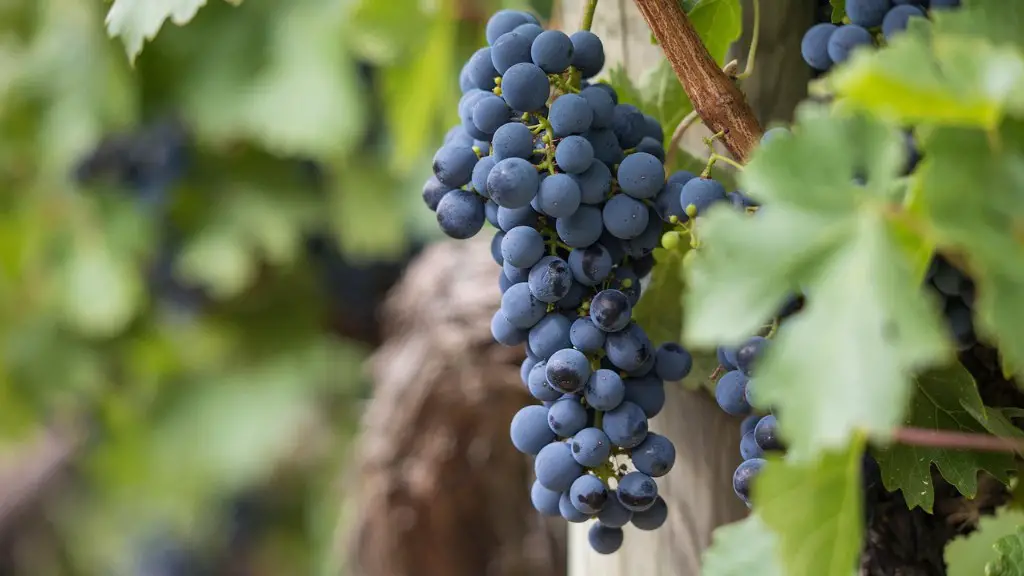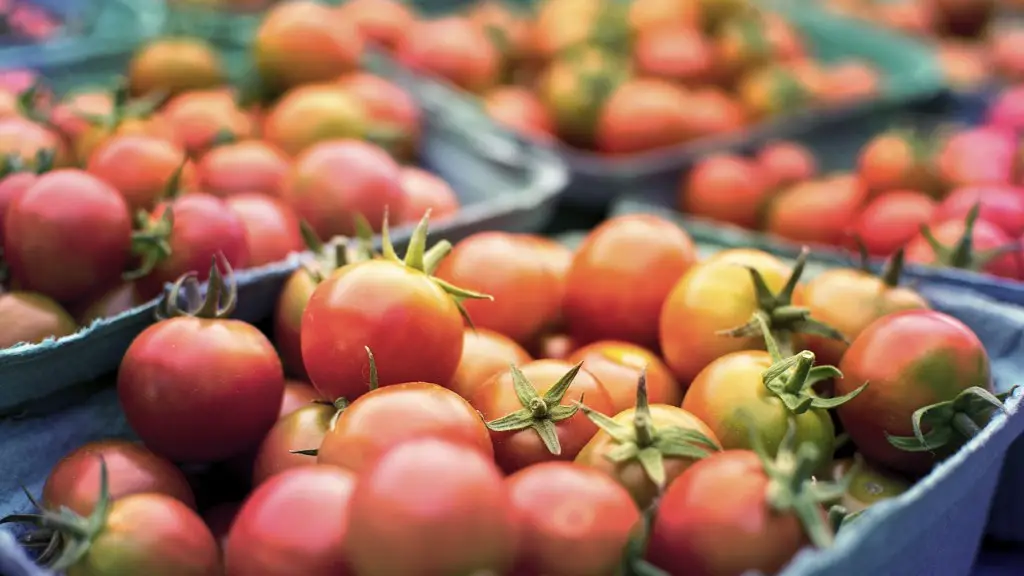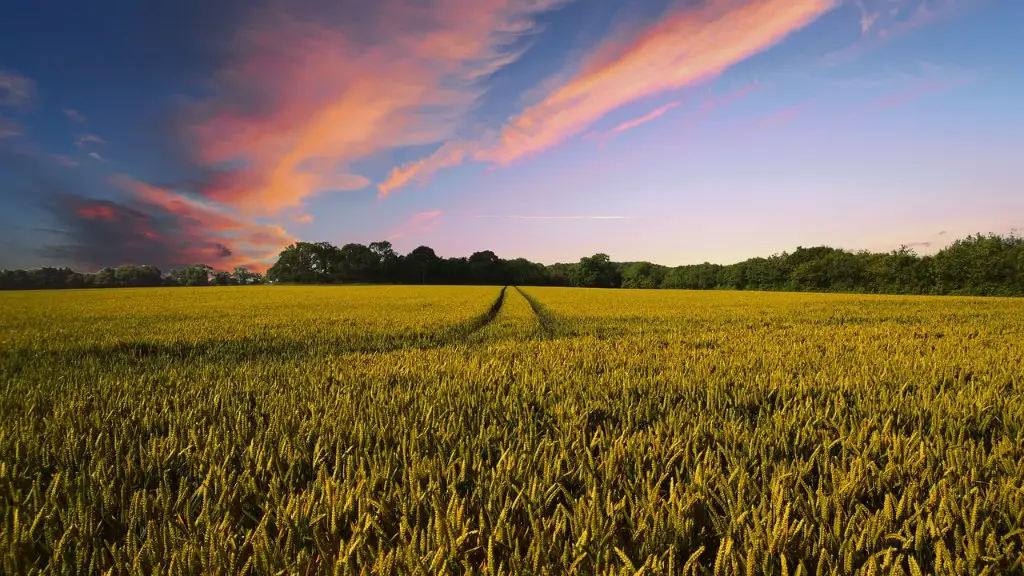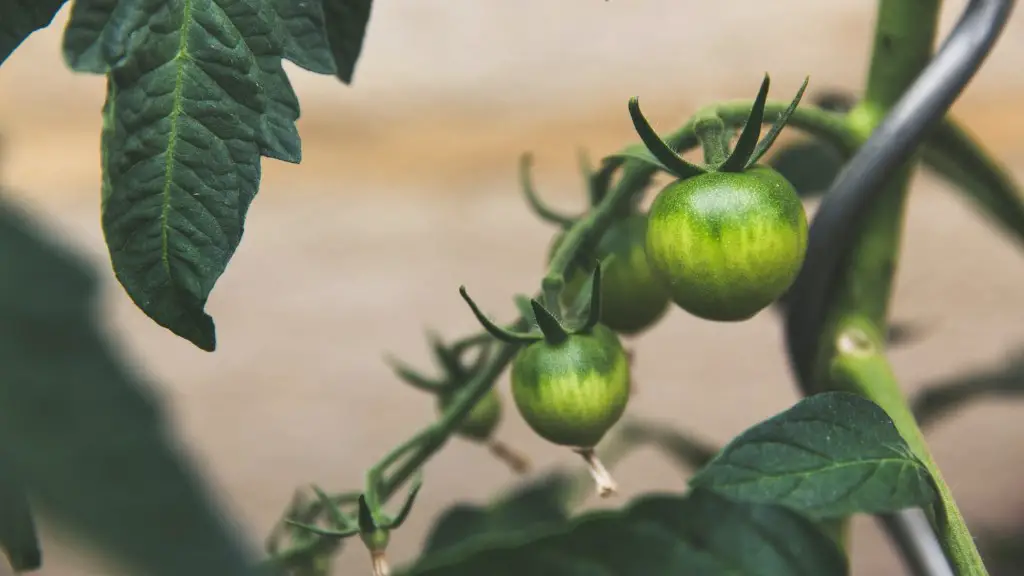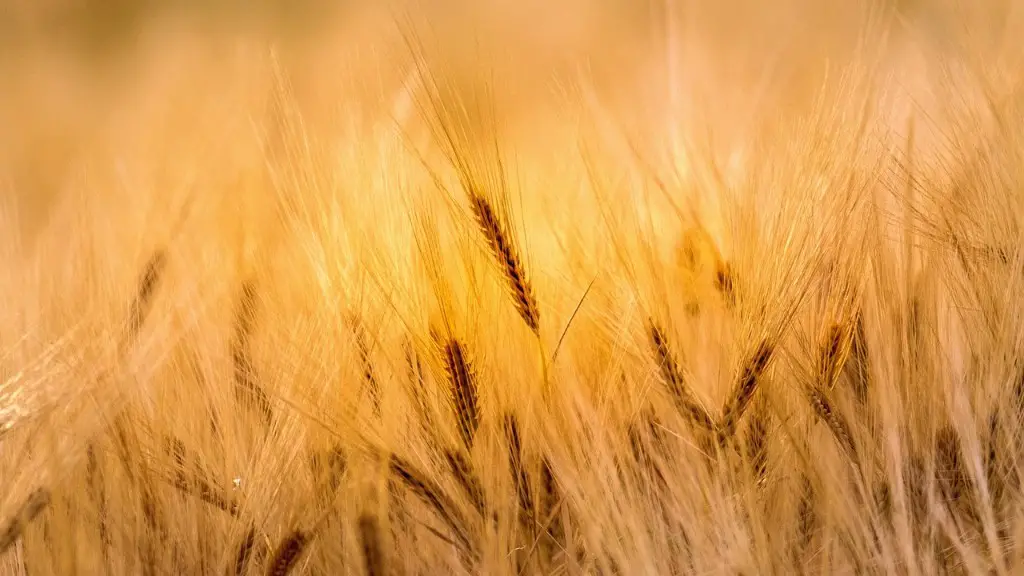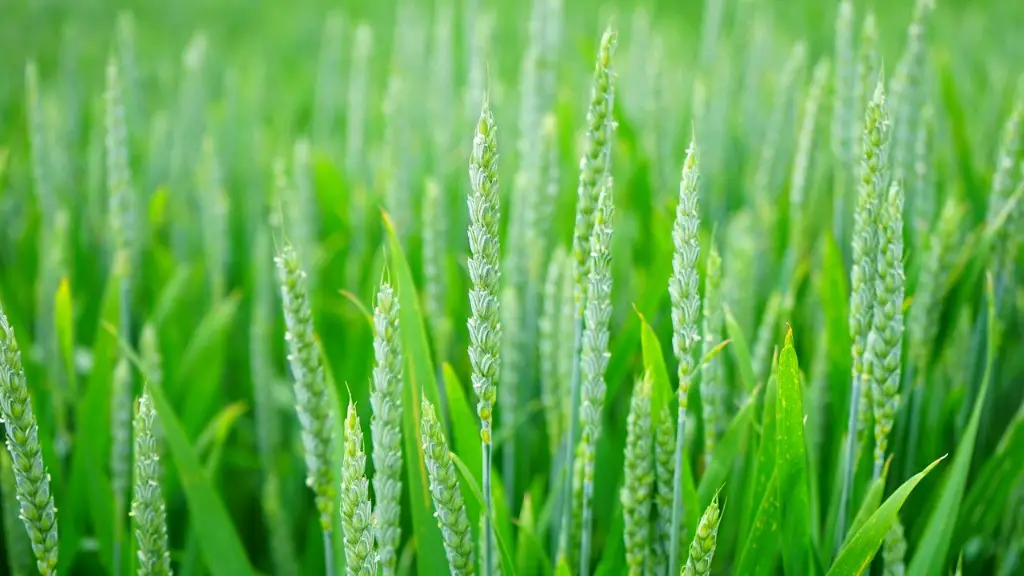Since the 1950s, advances in chemical and genetic engineering have given rise to what is known as conventional agriculture—farming that relies on synthetic pesticides and herbicides, genetically modified organisms (GMOs), and other industrialized techniques. Organic agriculture, on the other hand, is a centuries-old system of food production that relies on natural processes and techniques.
There are a number of reasons why organic agriculture is bad. First, it is less productive than conventional agriculture. This is because organic farmers do not use synthetic fertilizers or GMOs, and they often have smaller farms. Second, organic agriculture is more labor-intensive than conventional agriculture, which uses more mechanized techniques. This means that organic agriculture often requires higher wages for farmers and workers. Finally, organic agriculture has a smaller environmental footprint than conventional agriculture. This is because organic farmers use less energy and water, and they do not contribute to soil and water pollution.
There are several reasons why organic agriculture may be viewed as bad. First, organic agriculture relies on natural processes and inputs, which can be less reliable and less effective than synthetic processes and inputs. This can lead to lower yields, and subsequently, higher prices for organic products. Second, organic agriculture can require more land than conventional agriculture, since crops are often grown at lower densities. This can lead to deforestation and other environmental problems. Finally, organic agriculture can be labor-intensive, since crops must often be hand-picked and processed. This can result in higher labor costs, which are often passed on to consumers in the form of higher prices.
What is bad about organic farming?
Organic farming typically produces lower crop yields due to factors such as the lower potency fertilizers used in the soil, which are limited to natural sources such as beans and other legumes. Williams’ model found that a 100 percent organic farming system in England and Wales would mean much smaller crop yields.
The disadvantages of organic farming are that it can be more expensive than traditional farming, it can be more labor intensive, and there is a lack of infrastructure and knowledge. Additionally, organic farmers may use organic pesticides and other organic chemicals, which may not be truly organic.
Why we should not increase organic agriculture
Organic farming has a huge downside because it requires more land than conventional farming. This extra land is used to grow organic crops, which results in less land available for carbon sequestration. As a result, the total greenhouse gas impact from organic farming is higher than conventional farming.
Organic food is usually more expensive than non-organic food. This is because organic farmers do not use synthetic fertilizers, which are cheaper than organic fertilizers. As a result, organic farmers have to charge more for their products.
Organic food also spoils more quickly than non-organic food. This is because synthetic preservatives are not used in organic food. As a result, organic food has a shorter shelf life.
Organic food is also more likely to be contaminated by E. coli. This is because organic farmers do not use synthetic pesticides, which are more effective at killing bacteria. As a result, organic food is more likely to contain harmful bacteria.
Finally, organic food is sometimes hard to find. This is because not all stores carry organic food. As a result, you may have to travel to a store that specializes in organic food.
Why is organic not healthier?
It’s important to be aware that just because a product is marketed as organic, it doesn’t necessarily mean that it’s a healthier choice. Some organic products may still be high in sugar, salt, fat or calories. When it comes to fresh fruits and vegetables, it’s always best to wash and scrub them well under running water.
Organic farming is a type of agriculture that relies on natural processes, rather than the use of synthetic inputs, such as pesticides and fertilizers. Organic farmers have to be extra careful to avoid pests and diseases, as they cannot rely on synthetic chemicals to control them. This can make organic farming a lot more time-consuming than conventional farming. Additionally, organic farmers have to deal with the challenge of marketing their products. Because organic products are in limited supply, they often have to sell at a higher price than conventional products. This can make it difficult for organic farmers to compete with conventional farmers.
Is organic farming worse for climate change?
Organic farming has been shown to reduce greenhouse gas emissions when compared to traditional farming practices. This is due to the fact that organic farming prohibits the use of fossil fuel-based fertilizers and most synthetic pesticides. As a result, organic farming has a significantly lower carbon footprint. In addition, organic farming practices can help to improve soil health, which can further reduce greenhouse gas emissions.
Some people may view organic gardening as a ” I’m powerless against nature” type of gardening. They believe that you have to let nature take its course and whatever happens, happens. But, in actuality, organic gardening is a proactive way of gardening. You are working with nature to create the best possible growing conditions for your plants.
Organic gardening is also considered to be more “hands-on” than conventional gardening because you are constantly working to create the right conditions for your plants. This can be tiring and time-consuming.
Another disadvantage of organic gardening is that it can be more expensive than conventional gardening. This is because you have to purchase organic fertilizer, compost, and other products to create the ideal growing conditions for your plants.
Do organic farmers use pesticides
Organically grown food is food that is grown without the use of synthetic fertilizers or pesticides. Biological pesticides, which are derived from natural sources, may be used in the production of organic food.
Although there are some valid reasons not to buy organic foods, such as cost and quality, there are also many benefits to eating organic foods. Organic foods are free of harmful chemicals and pesticides, and they support local farmers and sustainable growing practices. Overall, organic foods are a healthier choice for you and the environment.
Why are people against organic food?
Organic food is more expensive to buy than non-organic food. This is one of the main reasons against buying organic food.
Many people believe that organic food does not allow the use of any chemicals. This is not true – organic food production does allow a limited number of chemicals to be used.
Another reason against buying organic food is that it is often no healthier than non-organic food. In fact, some studies have shown that non-organic food may even be healthier, as it may contain more vitamins and minerals.
Organic fertilizers are not all created equally and many of them can produce inconsistent results. The nutrient levels in organic fertilizer are often low, making it difficult to provide the nutrients your plants need. DIY compost is a complicated procedure, and it can be difficult to get the mix right.
Why is organic controversial
There is some controversy surrounding organic foods and their potential effects on human health. Some believe that organic foods may contain higher levels of chemical contaminants than conventionally grown foods. Others argue that organic foods are of a higher quality than conventionally grown foods. Lastly, some argue that organic foods are more expensive than conventionally grown foods.
The debate over the nutritional superiority of organic crops is largely unresolved. While some studies have found that organic crops are nutritionally superior to conventional or GMO crops, other studies have found no significant nutritional advantage of organic over conventionally grown foods. The lack of consensus on this issue suggests that more research is needed to determine the true nutritional value of organic crops.
What are 3 foods you should always buy organic?
The Environmental Working Group (EWG) has identified 12 fruits and vegetables that are the most contaminated with pesticides. These are strawberries, spinach, kale, collards, mustard greens, citrus fruits, nectarines, apples, grapes, bell peppers, cherries, and hot peppers. The EWG advises that you buy these food items organic whenever possible to minimize your exposure to harmful pesticides.
Organic food is not overrated, despite what a Stanford study may show. The study only looked at the nutritional content of the food, not the significant environmental impact of pesticides. Pesticides make organic an important option in the produce aisle.
Warp Up
There is no one-size-fits-all answer to this question, as the appropriateness of organic agriculture depends on the specific circumstances and context in which it is practiced. However, there are a number of potential drawbacks to organic agriculture that should be considered, including:
– poorer yields and inferior products: organic agriculture generally yields lower quantities of food than conventional methods, and the quality of the food produced is often inferior. This is due to a number of factors, such as the use of less productive crop varieties, lower inputs of fertilizer and pesticides, and the increased risk of crop failure from pests and diseases.
– high costs: organic agriculture is typically more labor-intensive and expensive than conventional methods, making it inaccessible to many small-scale farmers and consumers.
– environmental impacts: organic agriculture can have negative environmental impacts, such as soil erosion and water pollution, if it is not managed properly.
There are many reasons why organic agriculture is bad. One reason is that it is very expensive. Farmers have to purchase expensive organic seeds and they have to pay to have their land certified as organic. Another reason is that organic agriculture is very labor intensive. Farmers have to hand weed their fields and they can’t use any synthetic pesticides or herbicides. This means that they have to work very hard to produce a crop. Finally, organic agriculture often has lower yields than conventional agriculture. This is because organic farmers can’t use synthetic fertilizers to boost crop production. For all these reasons, organic agriculture is bad.
